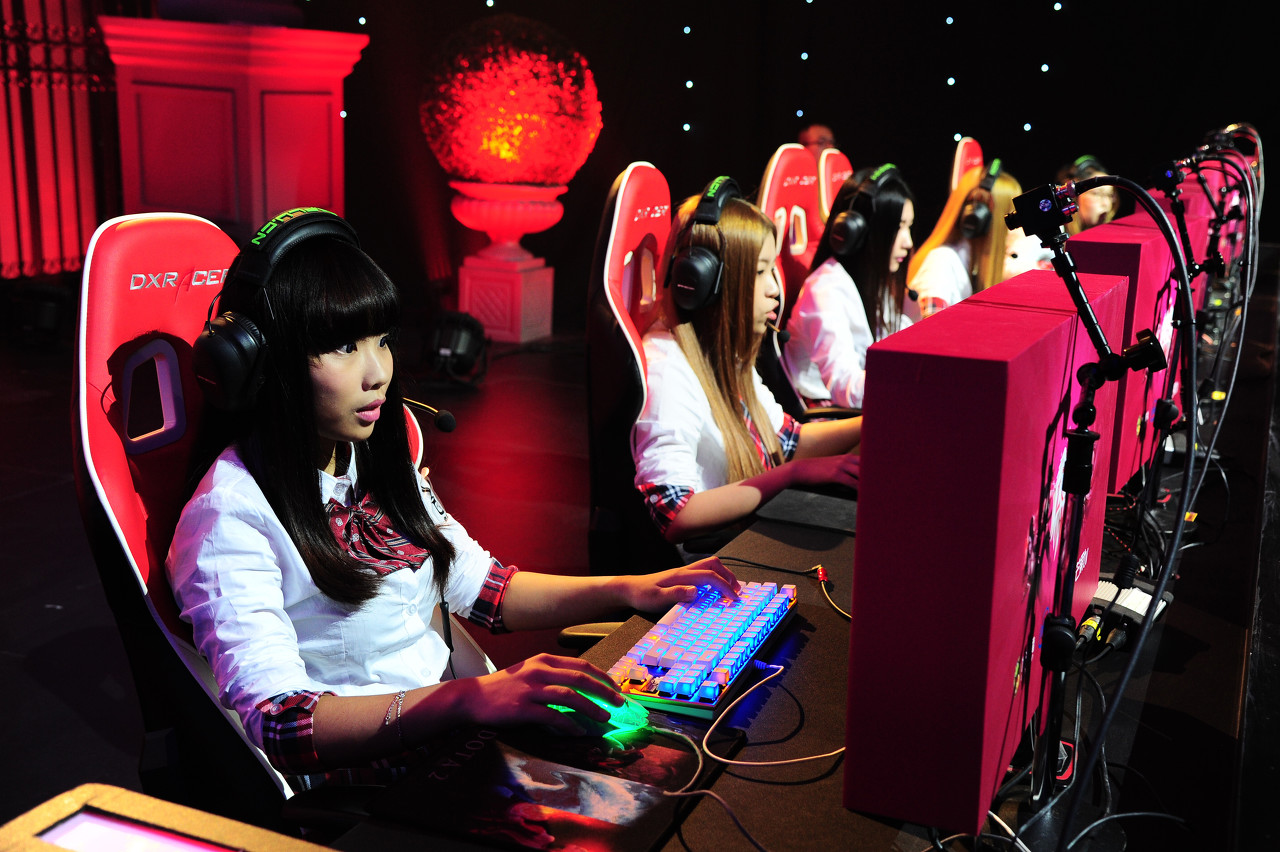Shares of video game companies, including Tencent and NetEase, plunged on Tuesday after Chinese state media said online games are “poisoning” teenagers and likened them to “spiritual opium” and “electronic drugs.”
The article, published by Economic Information Daily, an affiliate of Xinhua, called for tighter controls over the amount of time minors can spend on games.
The share prices of game companies that are listed in Hong Kong dived in early trading on Tuesday. The world’s biggest video game company, Tencent, dropped 10% while its competitor NetEase fell as much as 13%. China Mobile Games and Entertainment Group fell 20%, and video and game company Bilibili fell 14%. The broad sell-off reflects investors’ concerns that the article was a signal from the state for a broader regulatory crackdown on the gaming industry.
The web version of the article by Economic Information Daily was taken down on Tuesday afternoon, but its print version remains in circulation.
As its stock price plunged, Tencent vowed to implement stricter limitations for underage gamers than required by law. It pledged to ban children who are under the age of 12 from making in-game purchases, and called on the entire industry to prohibit children in that age bracket from accessing video games. Tencent will also crack down on minors who impersonate adults to gain access to longer hours for games.
In the past months, the Chinese government has carried out a series of campaigns to regulate online gaming and the education industry.
On July 24, the central government issued an opinion with directions to be executed by the Ministry of Education. The text mentions that students should be guided to use electronic products in a reasonable manner, with limited time using these devices to prevent internet addiction.
Last month, the government banned for-profit tutoring in core school subjects, a move that wiped billions of dollars off the market value of publicly traded education firms in Hong Kong and New York.
Read this:Tencent suspends new user registration for WeChat as tech crackdown shows no signs of halting
